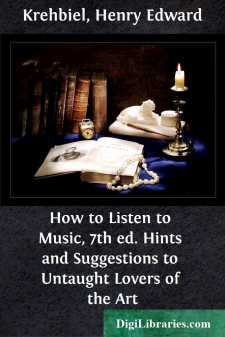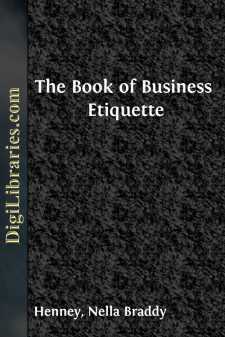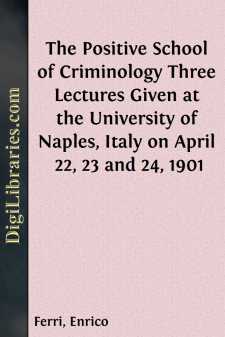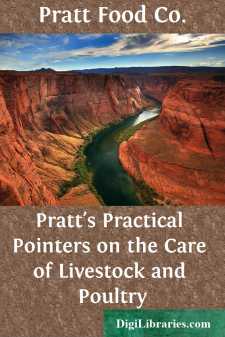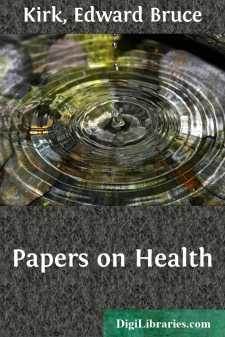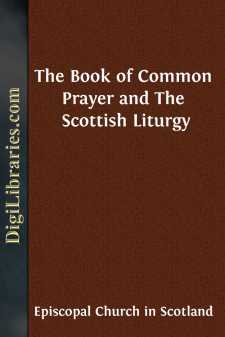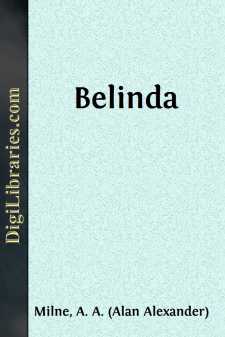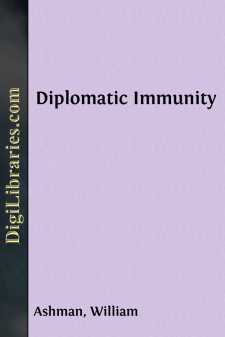Categories
- Antiques & Collectibles 13
- Architecture 36
- Art 48
- Bibles 22
- Biography & Autobiography 813
- Body, Mind & Spirit 142
- Business & Economics 28
- Children's Books 17
- Children's Fiction 14
- Computers 4
- Cooking 94
- Crafts & Hobbies 4
- Drama 346
- Education 46
- Family & Relationships 57
- Fiction 11829
- Games 19
- Gardening 17
- Health & Fitness 34
- History 1377
- House & Home 1
- Humor 147
- Juvenile Fiction 1873
- Juvenile Nonfiction 202
- Language Arts & Disciplines 88
- Law 16
- Literary Collections 686
- Literary Criticism 179
- Mathematics 13
- Medical 41
- Music 40
- Nature 179
- Non-Classifiable 1768
- Performing Arts 7
- Periodicals 1453
- Philosophy 64
- Photography 2
- Poetry 896
- Political Science 203
- Psychology 42
- Reference 154
- Religion 513
- Science 126
- Self-Help 84
- Social Science 81
- Sports & Recreation 34
- Study Aids 3
- Technology & Engineering 59
- Transportation 23
- Travel 463
- True Crime 29
Sort by:
IntroductionThe book's appeal.This book has a purpose, which is as simple as it is plain; and an unpretentious scope. It does not aim to edify either the musical professor or the musical scholar. It comes into the presence of the musical student with all becoming modesty. Its business is with those who love music and present themselves for its gracious ministrations in Concert-Room and Opera...
more...
THE AMERICAN BUSINESS MAN The business man is the national hero of America, as native to the soil and as typical of the country as baseball or Broadway or big advertising. He is an interesting figure, picturesque and not unlovable, not so dashing perhaps as a knight in armor or a soldier in uniform, but he is not without the noble (and ignoble) qualities which have characterized the tribe of man since...
more...
by:
Various
ACT I. The Horse Guards Parade, Elsinore, near Edinburgh. Enter MACCLAUDIUS, MACGERTRUDE, Brilliant Staff, and Scotch Guards. The Colours are trooped. Then enter TELMAH, who returns salute of Sentries. MacClaudius. I am just glad you have joined us, TELMAH. Telmah. Really! I fancied some function was going on, but thought it was a parade, in honour of my father's funeral. MacGertrude (with a...
more...
§ 1. THE GOSPEL OF SCIENCE In the days before the war the Annual Address delivered by the President of the British Association was wont to excite at least a mild interest in the breasts of the reading public. It was a kind of Encyclical from the reigning pontiff of science, and since that potentate changed every year there was some uncertainty as to his subject and its treatment, and there was this...
more...
by:
Enrico Ferri
I. My Friends: When, in the turmoil of my daily occupation, I received an invitation, several months ago, from several hundred students of this famous university, to give them a brief summary, in short special lectures, of the principal and fundamental conclusions of criminal sociology, I gladly accepted, because this invitation fell in with two ideals of mine. These two ideals are stirring my heart...
more...
by:
Pratt Food Co.
INTRODUCTION Animal husbandry is the sure foundation of profitable, permanent agriculture. Where many animals are kept and their manure properly cared for and returned to the land, the soil becomes richer and crop-production steadily increases. And the farmer grows rich with his land. Further, the keeping of live stock distributes the farm labor and the farm income over the entire year. This is true...
more...
INTRODUCTION. In this book we set forth a series of simple remedies and preventives of many common troubles. They are all well tried and have been proved by long experience to be effective and safe. We give, as far as we know, the reasons why they are likely to do good, but we acknowledge that there are things which we cannot fully explain. For instance, we do not know why a well aired lather of...
more...
THE PREFACE It hath been the wisdom of the Church of England, ever since the first compiling of her Public Liturgy, to keep the mean between the two extremes, of too much stiffness in refusing, and of too much easiness in admitting any variation from it. For, as on the one side common experience sheweth, that where a change hath been made of things advisedly established (no evident necessity so...
more...
Belinda Act I It is a lovely April afternoon–a foretaste of summer–in Belinda's garden. Betty, a middle-aged servant, is fastening a hammock–its first appearance this year–to a tree down L. In front there is a garden-table, with a deck-chair on the right of it and a straight-backed one to the left. There are books, papers, and magazines on the table. Belinda, of whom we shall know more...
more...
by:
William Ashman
ome right in, gentlemen," the Ambassador waved them into the very special suite the State Department had given him. "Please be seated." Colonel Cercy accepted a chair, trying to size up the individual who had all Washington chewing its fingernails. The Ambassador hardly looked like a menace. He was of medium height and slight build, dressed in a conservative brown tweed suit that the State...
more...


